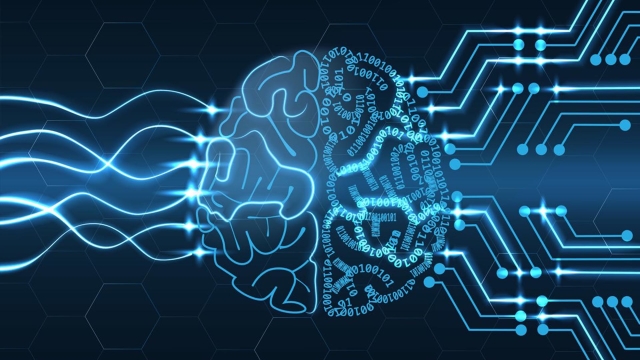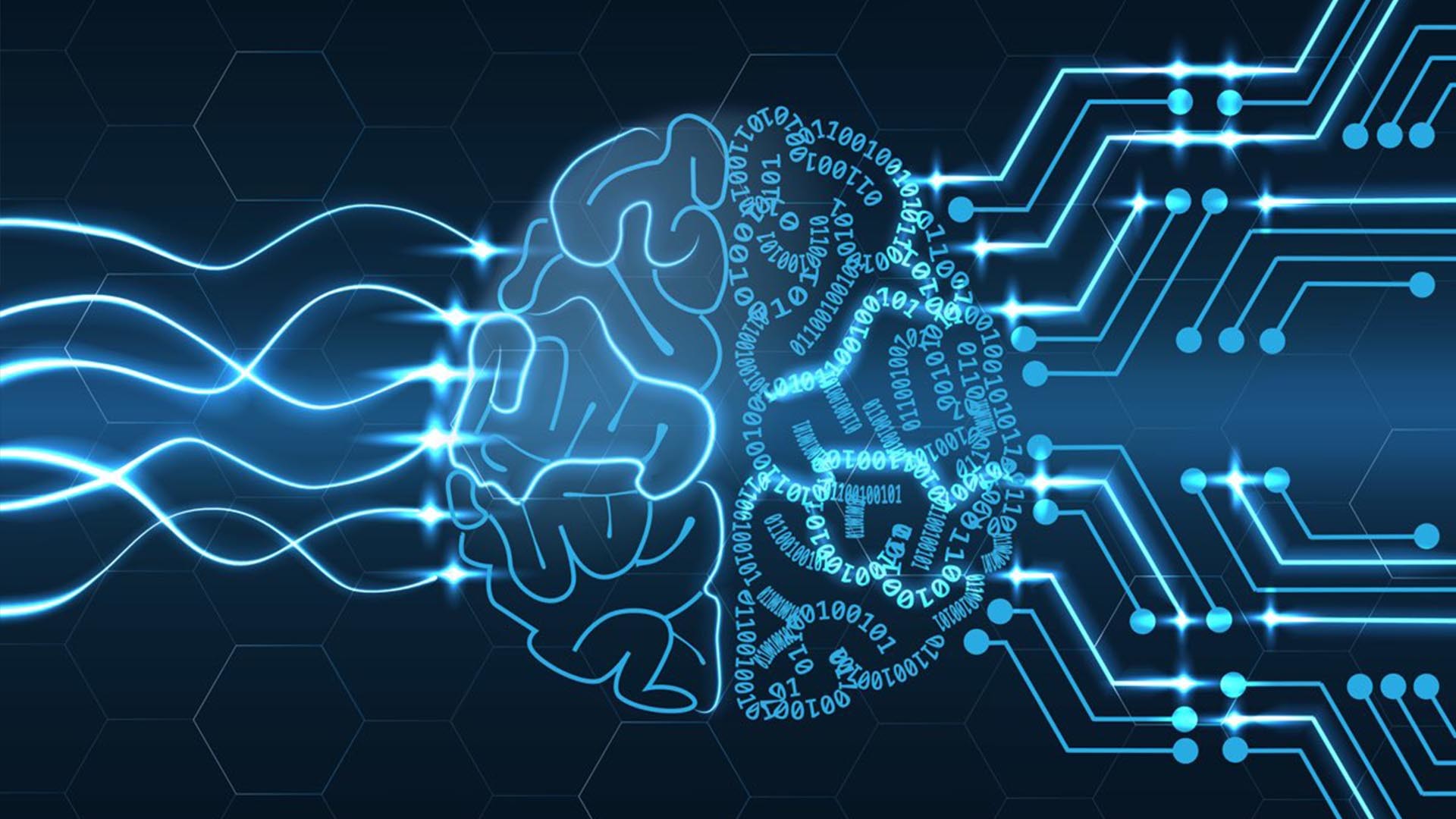
The Social Implications of Widespread AI Agent Use
Ryan Flores -
In recent years, the rise of artificial intelligence has transformed various industries, and one of the most significant developments is the widespread use of AI agents. These intelligent systems are becoming increasingly integrated into customer service, healthcare, finance, and many other fields, promising to enhance efficiency and improve user experiences. As organizations seek to optimize their operations, platforms like shipable are empowering businesses to build customized AI agents tailored to their specific needs. This evolution not only reflects technological advancement but also raises important questions about the social implications of relying on AI agents in our daily lives.
As these AI agents become more prevalent, society must grapple with their impact on employment, privacy, and interpersonal communication. While the advantages of deploying AI agents include faster response times and cost savings, there is a growing concern about the potential loss of human jobs and the depersonalization of services. Moreover, as these agents interact with individuals, we need to consider the ethical implications surrounding data handling and the extent to which our lives are influenced by automated systems. Understanding these social dynamics will be crucial as we navigate a future where AI agents play an increasingly prominent role in shaping our experiences and interactions.
AI Agents in Customer Service
The integration of AI agents in customer service has transformed how businesses interact with their clients. These agents can handle a variety of inquiries with speed and efficiency, providing quick responses to customer questions at any time of day. This immediacy is a significant advantage, as it enhances customer satisfaction by reducing wait times and streamlining interactions. Tools like ‘shipable’ empower businesses to tailor AI agents specifically to their service needs, enabling a personalized approach to customer engagement.
Moreover, AI agents contribute to improving operational efficiency by automating repetitive tasks. Routine queries, such as order status updates or password resets, can be managed by AI agents, freeing up human staff to tackle more complex issues that require critical thinking and emotional intelligence. This allows businesses to optimize their resources and reduces the risk of burnout among customer service representatives, creating a more balanced work environment.
Shipable for tech-savvy entrepreneurs
However, the use of AI agents also raises important considerations regarding the customer experience. While many customers appreciate the speed and convenience of AI interactions, others may prefer the empathy and understanding that comes from talking to a human agent. It is crucial for companies to strike a balance, ensuring that AI agents complement human staff rather than entirely replacing them. This hybrid approach can provide the benefits of efficiency while still maintaining the personal touch that many customers value.
Impact on Employment and Skills
The rise of AI agents in various industries has undeniably transformed the employment landscape. Traditional roles, particularly in customer service, are increasingly being supplemented or replaced by these intelligent systems. While some jobs may be lost, new opportunities are emerging in AI management, oversight, and development. This transition challenges the workforce to adapt, showcasing the need for skills that align with technology integration rather than solely relying on conventional roles.
As businesses leverage tools like Shipable to build customized AI agents, the demand for employees with expertise in AI technology is on the rise. Workers will need to acquire capabilities in areas such as data analysis, AI ethics, and human-computer interaction to remain relevant. This shift emphasizes the importance of lifelong learning and continuous skill development, as individuals must evolve alongside technological advancements to compete in the job market effectively.
Moreover, the advent of AI agents is likely to reshape our understanding of work and productivity. Tasks that were once time-consuming and repetitive can now be handled by AI, allowing human employees to focus on higher-level strategic initiatives and creative problem-solving. This evolution holds the potential to foster a more engaging work environment, where skillsets are enriched, and employees can contribute in more meaningful ways.
You may also like
Archives
- March 2026
- February 2026
- January 2026
- December 2025
- November 2025
- October 2025
- September 2025
- August 2025
- July 2025
- June 2025
- May 2025
- April 2025
- March 2025
- February 2025
- January 2025
- December 2024
- March 2024
- February 2024
- January 2024
- December 2023
- November 2023
- October 2023
- September 2023
- August 2023
- July 2023
- June 2023
- May 2023
- April 2023
- March 2023
- February 2023
- January 2023
- December 2022
- November 2022
- October 2022
- September 2022
- August 2022
- July 2022
- June 2022
- May 2022
- April 2022
- March 2022
- February 2022
- January 2022
Calendar
| M | T | W | T | F | S | S |
|---|---|---|---|---|---|---|
| 1 | ||||||
| 2 | 3 | 4 | 5 | 6 | 7 | 8 |
| 9 | 10 | 11 | 12 | 13 | 14 | 15 |
| 16 | 17 | 18 | 19 | 20 | 21 | 22 |
| 23 | 24 | 25 | 26 | 27 | 28 | 29 |
| 30 | 31 | |||||